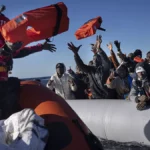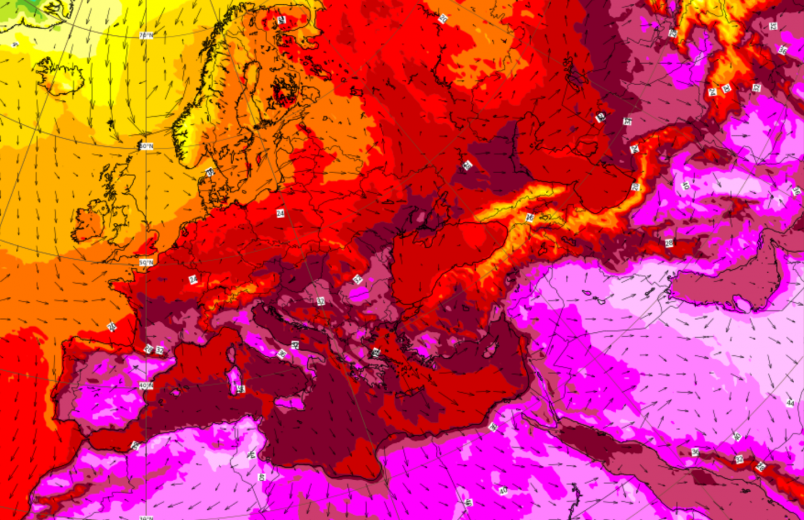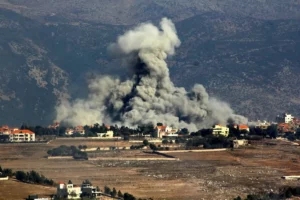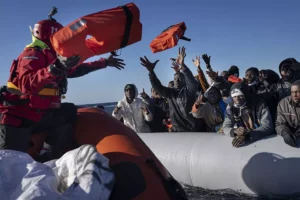Tunisia and Algeria recorded some of the hottest temperatures in the world on Tuesday, as an extreme heat wave spiked across the Mediterranean region.
The coastal region of Chlef recorded a high of 47.4°C (117 degrees Fahrenheit), with a number of other Algerian stations reporting highs in excess of 44°C (111°F). Tozeur, an inland community in southwest Tunisia, recorded a high of 46.9°C (more than 116°F).
The hottest places on the planet were in Saudi Arabia and Kuwait, and Iraq and Iran, with one reading at Al Ahsa in Saudi Arabia soaring to 50.5°C (nearly 123°F).
On the African continent, the Faya station in Chad reached 45.8°C (114°F) and Kharga in Egypt reached 45.2°C (113°F). In Niger, Bilma recorded a high temperature of 44.4°C (112°F).
“The extreme weather – an increasingly frequent occurrence in our warming climate – is having a major impact on human health, ecosystems, economies, agriculture, energy and water supplies. This underlines the increasing urgency of cutting greenhouse gas emissions as quickly and as deeply as possible,” said Secretary-General Petteri Taalas of the World Meteorological Organization (WMO).
Large parts of North Africa and southern European nations along the Mediterranean Sea have been hit by meteorological conditions that drive the heat waves, WMO said on Tuesday. Sea surface temperatures also are forecast to be exceptionally high at 30 °C or more in some parts, and more than 4°C above average in much of the western Mediterranean.
The marine heatwave can have impacts on species migration, extinctions, and invasive species that affect fisheries and aquaculture.
Climate change is causing the African continent to warm much faster than other parts of the world, with the Middle East and North Africa especially vulnerable to changes in heat and water resources.
Source: Africa Times

















Add Comment